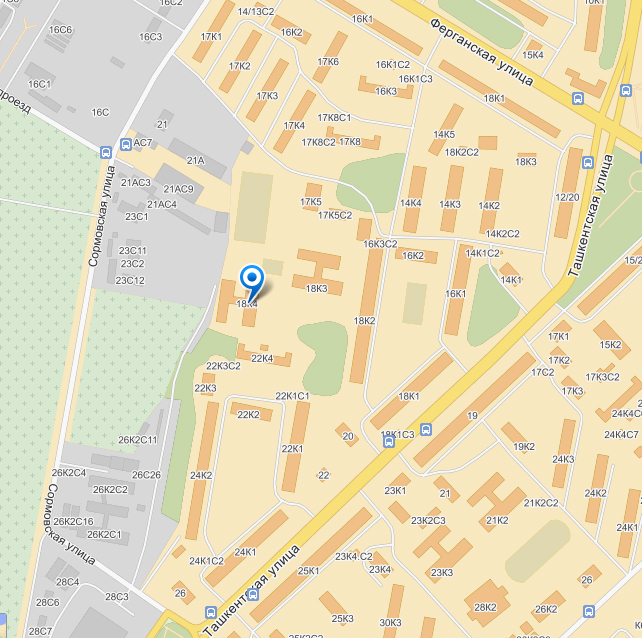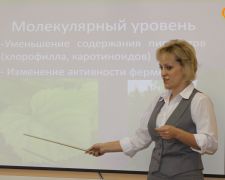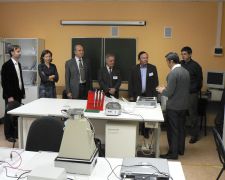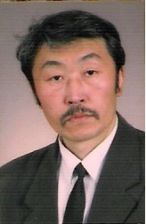LABORATORIES
Contacts
Our adress: building 4, 18 — Tashkentskaya street, Moscow
Our location: underground station “Vihino”, bus №337 to the station “School” or bus № 209 to the station “Supermarket”
Pnone number: (495) 376-9611 from 11 to 20
E-mail: bgfmggu@mail.ru
The structure of faculty of ecology and natural sciences includes 2 laboratories:
• — — — educational and scientific laboratory of ecological biomonitoring
The educational and scientific laboratory of ecological biomonitoring was founded in 2010 as educational scientific center for preparation of — masters and postgraduates of — the faculty and other universities. On the basis of laboratory scientific personnel carry out modern scientific researches in the field of biotechnology, molecular biology. Academic studies on genetics, biotechnology and molecular biology are held in the laboratory. — Seminars and conferences on modern questions of ecology, biology and geography are also took place there.
- Prospects
1. On the basis of the up-to-date laboratory base research technologies are implemented. These techniques for the organization of large-scale screening procedures of projects in the field of environment studying make perfect there.
2. Implementation of the State law on creation at universities of the research and innovation companies.
Commercial proposals
1. Carrying out biochemical and biogenetic analyses at the request of prospective clients. These also include analyses — in an elite sport, criminalistics, environmental monitoring, biodiversity preservation.
2. Genetic screening on detection of predisposition to different types of activity, including training and sports, and psychological qualities of the personality.
3. — Development of control projects and renewal of a biodiversity of ecosystems.LINES OF RESEARCHES
Main lines of scientific applied researches:
1. The enzymological line consisting in studying of enzymes crucial for functioning of a cell and enzymes class central for regulation of activity of genes.
2. Researches of a complex of the genes supervising personal characteristics of person (psychological and behavioural signs predisposition to certain kinds of activity, dependences and frequent diseases, certain types of physical activity and sports). In the long term researches in this direction can lay the foundation for modern domestic individual medicine.
3. Researches of an ecological condition and tendencies of change of marine and fresh-water ecosystems through deep and comprehensive study of micro and nannoplanktonic communities with help of the last molecular and genetic, genomic and proteomic methods.


—
- -The second laboratory is university laboratory of natural sciences

|
-Head of the university laboratory of natural sciences
Research interests: |
The university laboratory of natural sciences provides carrying out practical and laboratory researches on biological and chemical disciplines of educational programs in the training branches «Biology», «Ecology and Environmental Management», «Natural-science Education» and the specialties «Biology», «Geography» and «Ecology».
The main objectives of laboratory are:
• Carrying out thematic practical and laboratory researches with students,
• info service — and telecommunication support of departments-
• Assistance in scientific researches on the lines of scientific research of departments of faculty-
Prospects
1. The organization in laboratory of natural sciences of carrying out scientific researches by students on studied courses within — writing of term papers and theses with the publication of research results in scientific magazines.
2. Development of — relations with research institutes and laboratories for practice of students.























































